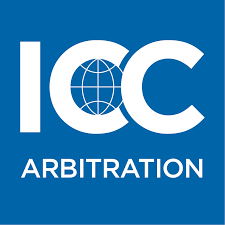This is the translation I have done for the Audio tape of CKK. It's not really painting the right picture in my opinion so I have asked one of my colleagues to go over it and see if something is lost.
|0.00|> Hello, good evening. I saw what you gave there.<|6.00|><|6.00|> Is there no way to make an elaborated document there,<|9.00|><|9.00|> to allow our friends to sign, and the other party to sign too,<|19.00|><|19.00|> as a conclusion of the calculations?<|22.00|><|22.00|> to the people.
And now the figure is 35.5 million, which must be released, because what we have put in the protocol, what we have put in the decision-making process, it is not the exact amount. So, we have to see what the margin is. If it is not enough, we will create more. Thank you.


